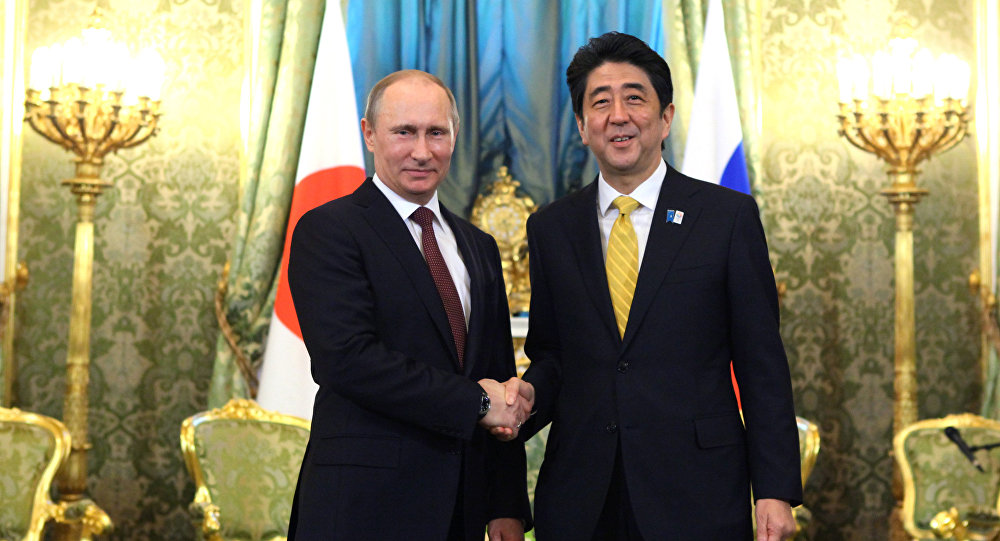
Putin, Abe discuss warming ties
Canada votes on increased UN involvement
PUTIN, ABE MEET IN JAPAN

Vladimir Putin and Shinzo Abe will meet in Japan on Thursday in an attempt to thrash out a historic deal and settle a decades-old territorial dispute in the Southern Kuril Islands.
Abe says he’s willing to adopt the ‘two-plus-alpha’ approach, which is based on a 1956 declaration. Back then, the Soviet Union proposed the return of the two smaller Kuril Islands upon the signing of a peace treaty to end WWII hostilities. The ‘alpha’ component is a new addition, which involves establishing a common economic zone over all four islands, or shared possession of the two larger islands.
Such an agreement would need to take the US-Japan security alliance into account. If a deal stipulates that the US cannot establish military bases on the islands, US commitments to defend Japanese interests in the East China Sea may diminish.
Meanwhile, the possibility of stronger US-Russia trade ties under President-elect Donald Trump means Moscow might be less incentivised by Abe’s economic overtures.
CANADA’S INCREASING ROLE IN UN PEACEKEEPING

On Thursday, Canadian Prime Minister Justin Trudeau’s cabinet is expected to vote on whether to deploy peacekeepers to support UN initiatives in Africa. Mali is the expected destination.
This is the latest in the Trudeau administration’s effort to build a stronger presence in UN peacekeeping missions. In August, the Canadian government pledged 600 troops, 150 police officers and $450 million over three years in support of UN operations.
Domestically, plans by Trudeau’s Liberal Party to enlarge Canada’s contribution to UN peacekeeping operations have been met with resistance in the Senate. The Senate Committee on National Security and Defence recently released a report that urged the government to outline the specifics of any UN deployment, the size of the mission, its goals, costs, as well as a fixed-term withdrawal plan.
Opponents claim Canada’s Armed Forces are underfunded and should be given priority. The Senate is demanding parliamentary approval be sought before the Cabinet enters into any international engagements.

